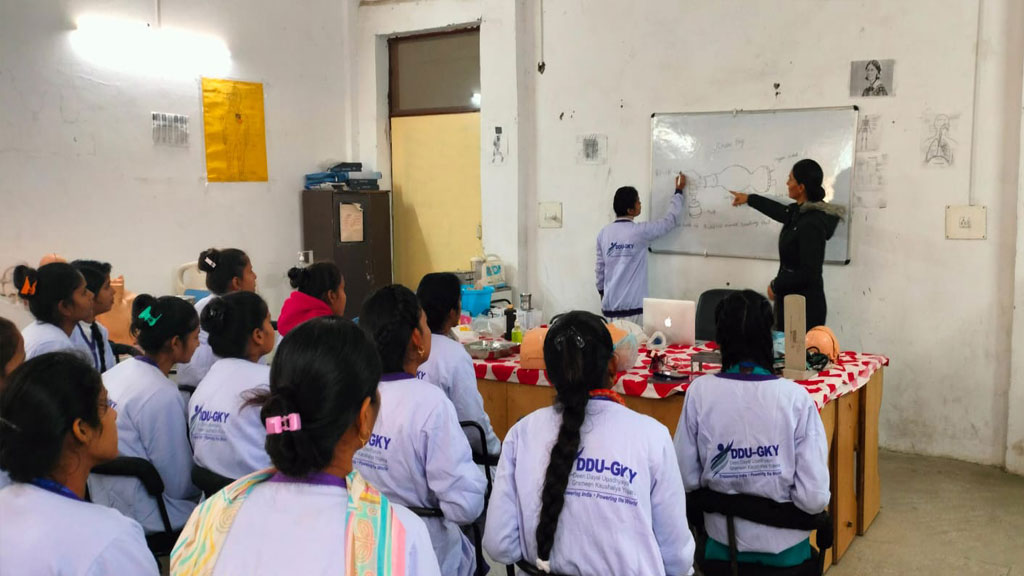Introduction:
Corporate philanthropy has evolved beyond traditional charitable donations, with a growing emphasis on investing in education as a means of nurturing talent and fostering societal growth. This article explores the transformative role of corporate philanthropy in education, highlighting how strategic giving can empower individuals, drive innovation, and contribute to the overall development of communities.
Strategic Investments in Education:
Corporate philanthropy in education goes beyond monetary donations; it involves strategic investments that align with the company’s values and goals. By identifying key areas in education that resonate with the company’s mission, such as STEM education, vocational training, or scholarship programs, corporate philanthropy becomes a catalyst for meaningful and targeted impact.
Empowering the Workforce of Tomorrow:
One of the primary objectives of corporate philanthropy in education is to empower the workforce of tomorrow. By investing in educational programs, companies contribute to the development of a skilled and innovative workforce. This not only benefits the individuals who receive the education but also ensures a pipeline of talent that can drive the company’s growth and competitiveness.
Fostering Innovation through Education:
Corporate philanthropy in education plays a crucial role in fostering innovation. By supporting educational initiatives that emphasize creativity, critical thinking, and problem-solving skills, companies contribute to a culture of innovation within communities. This, in turn, has a ripple effect on the broader economy, driving technological advancements and fostering an environment conducive to entrepreneurship.
Creating Access to Education:
Philanthropic initiatives in education often focus on creating access to learning opportunities for individuals who might face barriers. This can include providing scholarships, supporting schools in underserved communities, or establishing educational infrastructure. By addressing issues of access, corporate philanthropy becomes a powerful force for reducing inequality and promoting social mobility.
Supporting Employee Engagement:
Companies that engage in philanthropy often find that it enhances employee morale and engagement. Corporate philanthropy in education allows employees to participate in meaningful initiatives, whether through mentorship programs, volunteer opportunities, or fundraising efforts. This not only strengthens the company’s corporate culture but also fosters a sense of pride among employees.
Measuring Impact and Accountability:
Effective corporate philanthropy requires a commitment to measuring and being accountable for its impact. Companies should establish clear metrics and evaluation mechanisms to assess the outcomes of their educational initiatives. This includes tracking the educational attainment of beneficiaries, evaluating improvements in communities, and regularly reassessing and adapting philanthropic strategies for maximum effectiveness.
Conclusion:
Corporate philanthropy in education is a powerful force for nurturing talent and fostering growth. By strategically investing in education, companies not only contribute to the development of a skilled workforce but also play a pivotal role in driving innovation and reducing societal inequalities. As corporate leaders recognize the interconnectedness of their success with the well-being of the communities they operate in, philanthropy becomes a proactive means of shaping a positive and sustainable future.
- By admin

